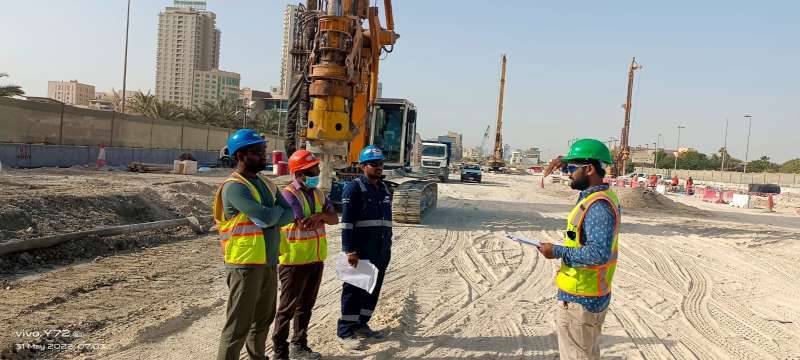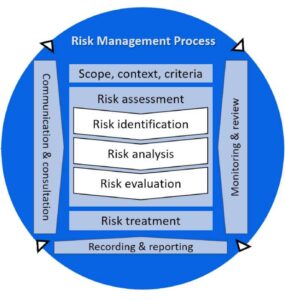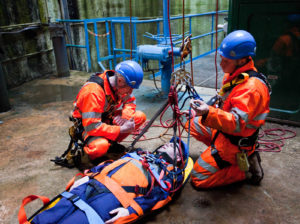How to do an inspection of work

how to do an inspection of work. A site inspection checklist is essential in the planning phase of a construction project as it allows you to check that project requirements are being met. Once the project has started, progress inspections become part of the daily routine of the work and ensure compliance with these requirements.
Depending on the size of the project, progress inspections are carried out by one or more people from different specialties. If a specific aspect of the project requires additional input, specialized inspectors can be called upon to carry out inspections on aspects such as environmental policy, waste management plan, and accessibility.
Quality inspections
Quality control inspections ensure that the finished work meets established quality standards. They also ensure that the project meets all specifications and quality requirements listed in the contract documents. Quality inspections include regular walkthroughs of the site and typically result in a monthly quality report that identifies problems and monitors progress.
Construction regulation compliance inspections
When carrying out statutory building inspections, builders ensure that the work carried out is approved by the local authority building control department or an authorized inspector. The number and frequency of these statutory building inspections vary depending on the details of the project.
These inspections are most often performed during these stages:
Start of the project
Excavation (before excavations are backfilled)
Laying the foundations (before they are covered)
Placement of waterproof layers
Installation of new drains (before they are covered)
Construction of the primary structure
Insulation Installation
roof construction
Ending
When is an inspection of a work carried out?
Preconstruction
Although most site inspections take place during the construction phase, they can also begin in the pre-construction stage. They study the condition of the property and neighboring areas before construction begins. Checklists for these inspections may include checks of permits, conditions, and planning obligations to ensure compliance with local regulations.
During the execution of the project
As the term suggests, construction site inspections mostly occur on the construction site.
Project closure
The final inspection and construction closeout process involves walking through the site to verify that everything has been done according to the contract documents. Once confirmed, the building is ready for use or occupancy. This means that the checklist has been completed and reports, lien releases, warranties, closing documentation, construction manuals, and plans have been provided to the owner and verified for completeness.
Construction site inspection
Checklist for construction inspection
Inspections of the conformity of the progress of the work with the plan and specifications
Inspections of the quality of the work and compliance with standards and specifications
Paint and coating inspections
Field tests and sampling of soil materials, concrete and asphalt, etc.
Review and implementation of change orders
Inspections of materials delivered and used
Semi-final and final inspections at the end of the work
Inspection of the delivery for the good closing of the project
Use of construction inspection software
Construction inspection software can help you improve these processes. Digital construction site safety inspection forms make it easy to document, track, and collaborate. With a construction inspection app, your teams can create, manage, and maintain your company-wide inspection library. Standardization also allows you to benchmark your current processes, identify problems, and improve your overall quality and safety program.
conclusion
Risk is part of every construction project. Site inspections help mitigate some of that risk by providing a process that allows teams to deal with human error and unforeseen changes that occur throughout the project. Having a refined checklist for inspections contributes to successful project execution and provides visibility into opportunities for improvement. In this way, teams can get ahead of security issues and leave risk behind.







